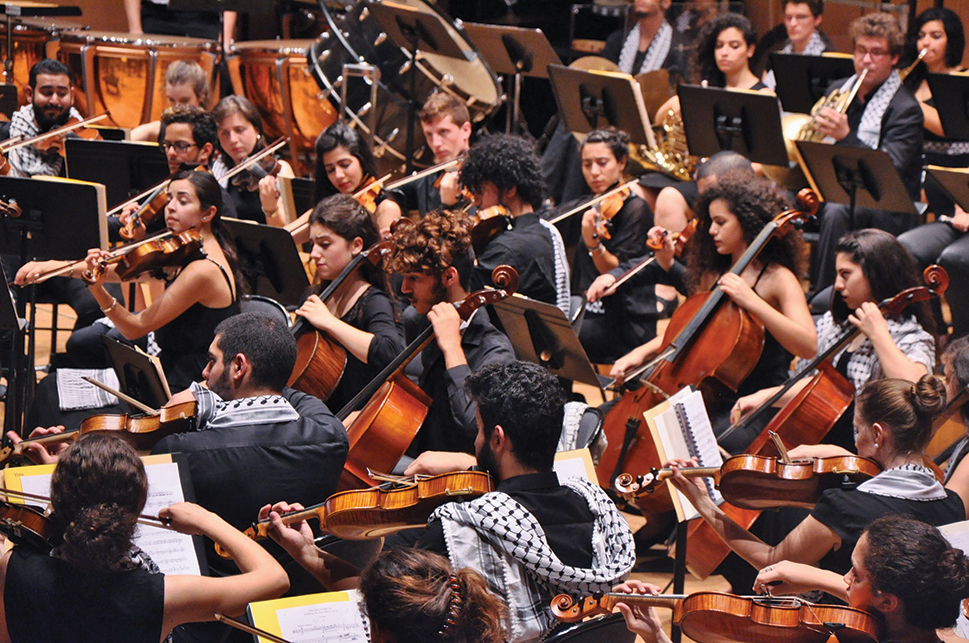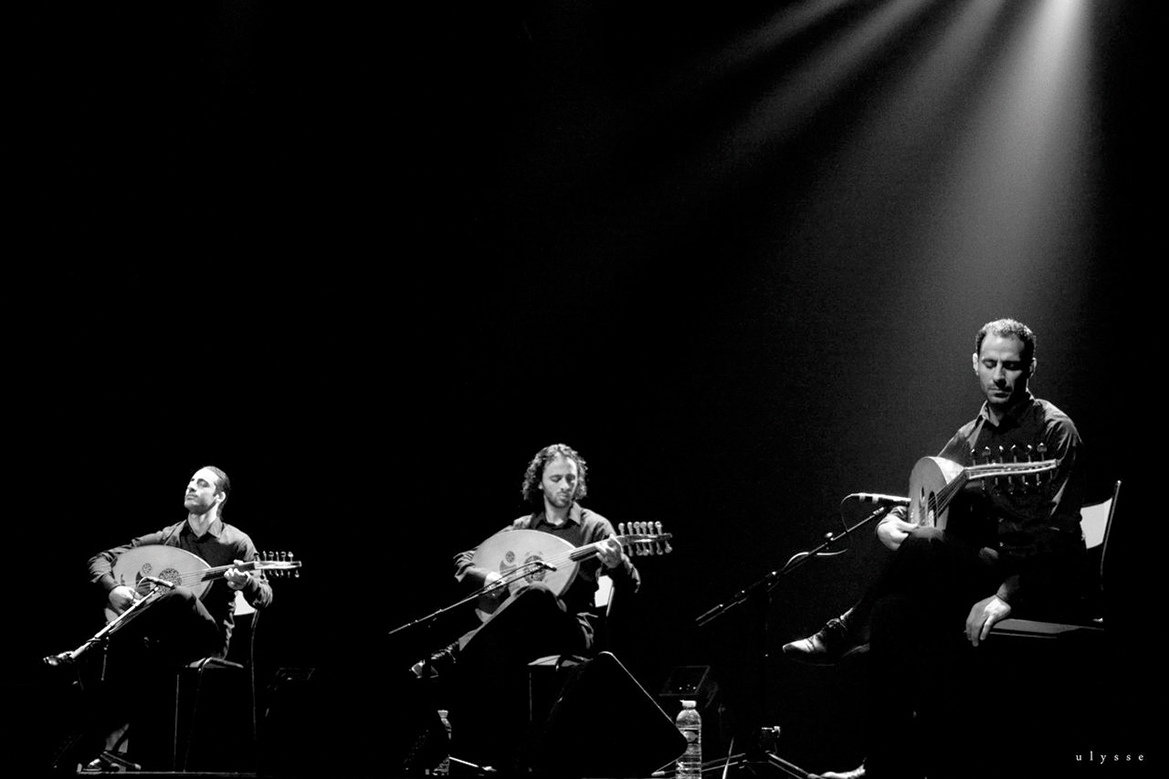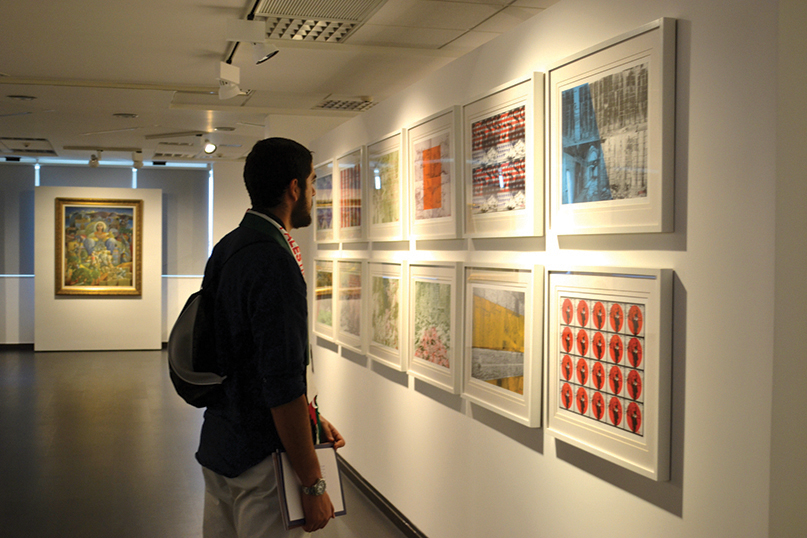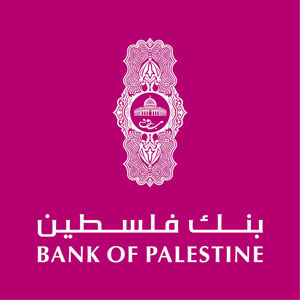In a new, developing technique called nation branding, countries are increasingly leveraging cultural heritage, utilizing it as an asset that is to equip their national brand with a unique differentiator in the midst of massive information rush on the cyber space. While such an approach is novel – borrowed from marketing strategies to help promote the nation in terms of trade and tourism, among others, and in building international relations – culture has always been considered a tool for national recognition and pride. Every diplomatic embassy features a cultural attaché in addition to military and economic attachés. Culture is not only an important ambassador for nation states but also a lever for soft diplomacy.
The weight of culture in the image brand of Palestine has much likely a much greater importance than is the case in other nations – due to Palestine’s unique political situation. Finding themselves in defense of their land, their history and their culture, the Palestinian people have been striving to preserve their cultural heritage along with their national history. Palestinian culture is as important an asset in the battle for identity as nationality and self-pride.
Given the significance of culture, the exposing of the richness of the Palestinian land and people and the preserving of their culture have become the common interest and a shared endeavor among the local private sector, local and international civil society, and the Palestinian government. Frequently, all three parties engage in collaborative efforts when contributing to the support of cultural events. Likewise, it is not uncommon nowadays to see individual private-sector companies form long-term cultural partnerships with Palestinian artists and performers, utilizing a collaborative approach towards showcasing Palestinian culture as a key to the enhancement of our national brand and to the promotion of Palestine and its cause.

It is understood that in addition to hard political and economic messages, soft messages delivered through culture are needed to help in telling the full story of Palestine – an approach that works effectively in both directions (for local and international sponsors and artists) and carries mutual benefits. Partnerships between culture and the private sector augment government funding and have enabled systematic support for and social investment in Palestinian artists, performers, and cultural institutions over longer-term cycles. This sustaining of culture and -related activities is important, as donor funding may bridge gaps that tend to remain open when government funding replies to other pressing socio-economic needs. Such three-way funding furthermore provides the private sector with cultural content that augments the image of contributors and sends the message that there are many aspects to economic nation building. The result is a true, unique partnership and a win-win relationship, which is why tripartite cycles of partnership have to be further nurtured and encouraged.

Bank of Palestine has been a champion of such forms of partnership and a promoter of Palestinian culture at home and abroad. The bank has entered into strategic alliances with key ambassadors of Palestinian culture and art. The long-term partnerships with Le Trio Joubran, Yabous Cultural Centre, and Edward Said National Conservatory of Music, among many others, are all evidence of the importance of cultural heritage to the bank and its mission of nation building.

Bank of Palestine seeks to support Palestinian artists who produce distinguished and creative works of art. The bank is furthermore engaged in longterm cultural partnerships with Le Trio Joubran, the Edward Said National Conservatory of Music, and Yabous Centre.
These affiliations are not always merely based on or confined to monetary support, but rather involve the whole spectrum of partnerships; they range from engaging performers to the providing of moral and intellectual support or the display of artwork. In fact, Bank of Palestine is devoted to buying and collecting works of local Palestinian artists which reflect the culture, identity, traditions and customs of the Palestinian people. Moreover, BOP has reserved a special space dedicated to the unique art collection owned by Palestinian collector George Al Ama in one of the bank’s branches.
It is important that more private-sector entities in Palestine follow the lead and become involved in the cycle of partnership with culture, an endeavor that enhances self-gratification and fosters the elevation of culture in our national brand and image.


